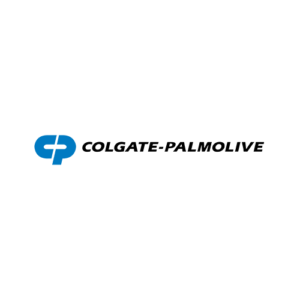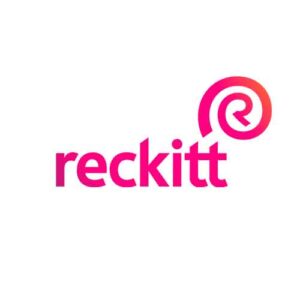This impact story is part of a collection of narratives that bring to life some of the complex challenges Forest Positive Coalition members are facing on our forest positive journey and our lessons learned. We’re committed to creating a culture of transparency and accountability, and these stories are just a glimpse of our ongoing efforts. We invite you to delve deeper into our 2023 Annual Report for more insights on this Coalition’s activities and progress, “Perspectives on Progress: Challenges and Insights on the Way to Forest Positive” – due to be published 18 October 2023
Member/implementing partners:
-
Colgate Palmolive
-
Nestlé
-
Reckitt
-
Earthworm
The Sabah Landscape in Malaysia, is home to some of the most biodiverse forests in the world, and a large elephant population. It also has 1.5 million hectares of planted palm oil plantations and relies heavily on a migrant and smallholder farmer population for palm oil production. As in many production areas, at times there can appear to be a tension between positive outcomes for nature and for people. Coalition members Nestlé, Colgate-Palmolive, and Reckitt have worked with Earthworm to reconcile these tensions and encourage forest and people positive palm oil production through funding activities such as:
- Identification and socialisation of interventions to protect High Conservation Value (HCV) forests and enhance smallholder livelihoods: Through in-depth consultations with local producers, civil society organisations, and government agents; field visits; and spatial monitoring, Earthworm, with the support of Coalition members, has been able to identify drivers of deforestation and viable potential pathways for action including HCV screening, participatory land use planning, and the implementation of sustainable livelihood activities such as agroforestry and goat rearing. The upcoming year will be focused on finalising strategy and implementing a pilot project, with the vision of scaling it up to other parts of the landscape.
- The Human Elephant Coexistence (HEC) project, which works with upstream companies, smallholders, government agencies, and civil society organisations to plan and implement elephant and smallholder coexistence strategies. Planned activities include community patrolling, capacity-building in personal safety, patrolling techniques, and wildlife protection; and the development of buffer zones and enhanced physical barriers along the borders of forests and plantations.
Members have stated that investment in this landscape has helped increase their traceability and own-supply chain knowledge; enable positive engagement with NGOs on issues and resolution of grievances and conflicts within those landscapes; and built smallholder capacity for inclusion in DCF supply chains.
Reckitt notes that this landscape within the Coalition portfolio enables it to meet its commitments on NDPE in a high-priority sourcing region. This initiative’s work with smallholder farmers to develop better agricultural practices and diversify incomes has helped improve livelihoods and addressed some of the key socio-economic drivers of deforestation.
Members’ commercial requirements of DCF palm oil and the support available through landscape initiatives has encouraged increased awareness of and capacity-building in upstream suppliers and local stakeholders. For example, palm oil mills and fresh fruit bunches collection centres now participate in capacity-building activities to improve their supply chain traceability.” – Earthworm



